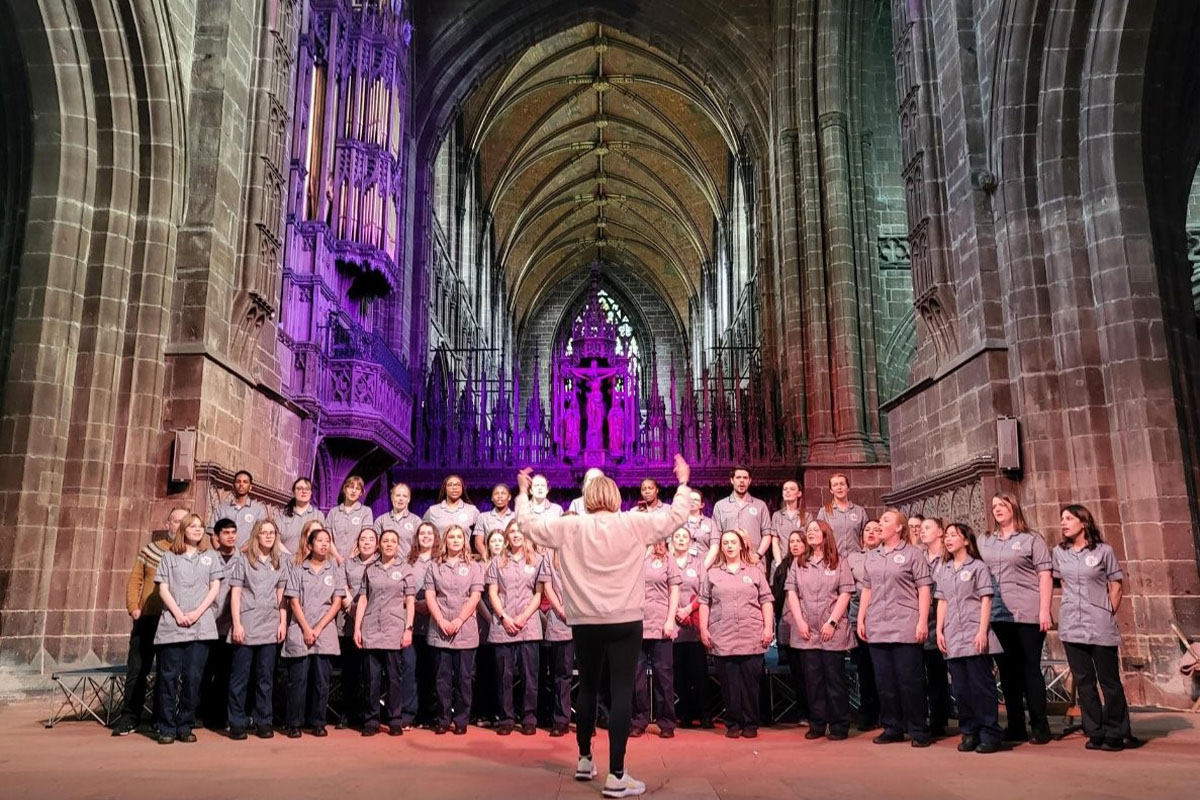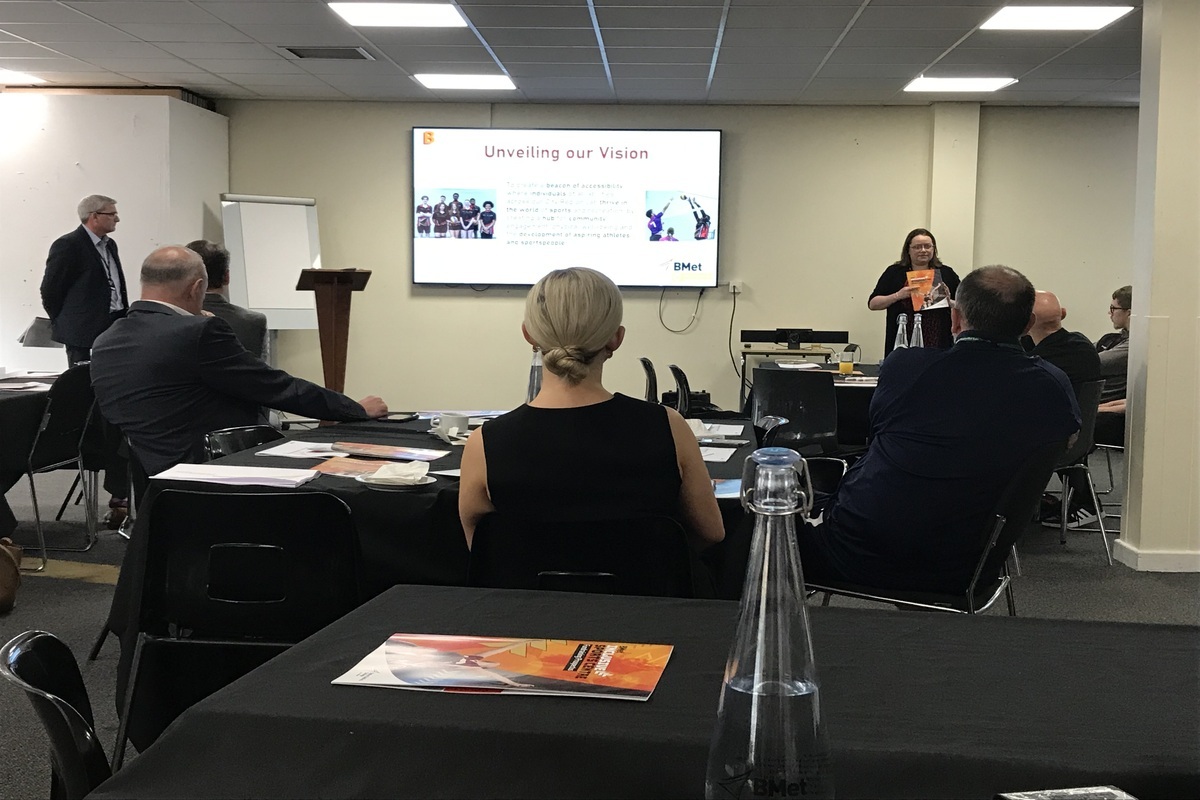How can HR play a key role in achieving net zero?

In this piece Neil Finegan, Training & Management expert, highlights the importance of incorporating environmental sustainability into performance management, strategy and workforce planning, emphasizing core values, and implementing net zero recruitment practices. These steps can motivate employees, influence business decisions, attract high-level candidates, and create a culture of sustainability within organizations.
With many businesses hoping to achieve Net Zero, how can HR professionals help businesses reduce their carbon footprint?
It is estimated that businesses contributed 17% of the greenhouse gas emissions in the UK in 2019. From individual objectives to wider environmental strategies it is now more apparent that organisations are keen to find actionable ways to reduce their impact on the planet.
While wider company policies can be hard to influence, there is a place for everyone in an organisation to make an impact no matter how big or small. So, how can HR professionals play a role in helping employers take steps to reduce their carbon footprint?
Here are four simple ways for HR professionals to embrace their employers’ net zero goals by championing cultural change, through strategic planning and eco-conscious recruitment.
Performance management
Performance management serves as a valuable tool for motivating employees to actively contribute to energy conservation and emission reduction efforts. By incorporating competency frameworks and aligning individual objectives with the organisation’s environmental strategy, HR professionals can emphasise the important role each person plays in supporting sustainability goals.
This approach fosters a sense of purpose and empowers employees to make a positive impact on the environment through their daily actions. Together, we can work towards a greener future.
Strategy and workforce planning
HR professionals have the power to shape and guide discussions on the workforce implications of investing in environmentally friendly technology.
Take, for instance, the housing sector, where the introduction of heat pumps can make a significant impact on reducing carbon emissions. However, there is a challenge in training enough engineers to install these systems. To address this, employers in the sector need to engage in strategic workforce planning. This involves identifying future skills gaps and shortages and working with local education providers to develop the necessary skills.
Workforce planning is a valuable tool for HR leaders across all sectors to influence business decisions toward achieving carbon neutrality. By conducting a PESTLE analysis, considering the political, environmental, technological, legal, and social context, HR can assess the current and future workforce skill requirements in light of changes in the business strategy or model. This proactive approach ensures organisations are prepared for the transition to a sustainable future.
Emphasise core values
According to a 2021 study, 88% of employees believe that sustainable practices should be a standard business practice. In today’s world, employees, potential hires, customers, and investors are increasingly drawn to companies that prioritise climate action.
People professionals have the opportunity to inspire organisations to incorporate a strong commitment to environmental sustainability within their core values.
Values serve as a fundamental reference for establishing the principles that shape organisational culture. It is crucial that these values are not only stated but also embodied and exemplified throughout the organisation, starting from the top. When values are integrated into everyday actions, they can influence long-term strategies and drive investment decisions that align with sustainability goals.
Net zero recruitment
Citing your organisation’s commitment to climate action in job advertisements or during interviews can have a positive impact on attracting and motivating high level candidates.
As part of the recruitment process, HR professionals can embrace paperless administration and conduct more online interviews to minimise travel.
Furthermore, incorporating information about the organisation’s environmental sustainability goals during the induction process can strengthen awareness among new staff members. By setting these expectations early on, employees can feel empowered to contribute to the organisation’s sustainable initiatives. An empowered employee is an active stakeholder in your organisations wider environmental goals which will ultimately help to drive sustainable, long term goals.
By Neil Finegan, Training & Management Tutor at DLC Training
For more tips on how to reduce your organisation’s carbon footprint or to discover CIPD-accredited HR courses visit the DLC Training website.
FE News on the go…
Welcome to FE News on the go, the podcast that delivers exclusive articles from the world of further education straight to your ears.
We are experimenting with Artificial Intelligence to make our exclusive articles even more accessible while also automating the process for our team of project managers.
In each episode, our thought leaders and sector influencers will delve into the most pressing issues facing the FE sector, offering their insights and analysis on the latest news, trends, and developments.









Responses